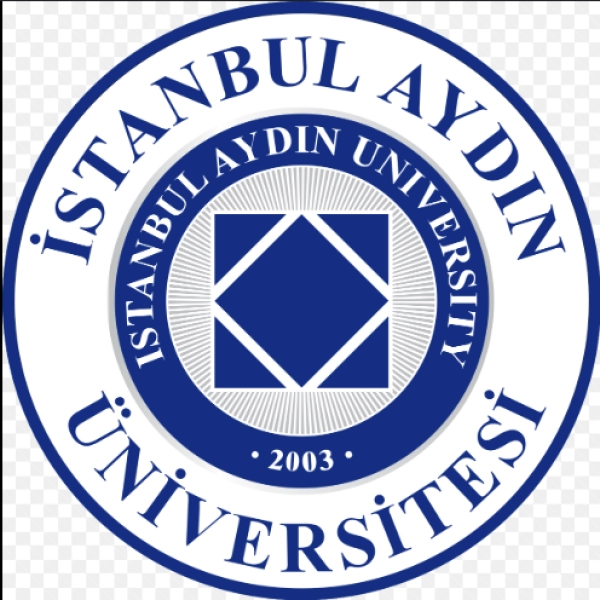Faculty: Institute of Sciences
This specialization focuses on applying engineering principles in the production, processing, packaging, and preservation of food. Students will study food processing techniques, quality control, food safety, and sustainable practices. The program integrates theoretical knowledge with practical skills to prepare students for careers in food manufacturing, research, product development, and quality assurance.
Learning Objectives:
- Understand the principles of food engineering and their role in food production and preservation.
- Develop skills in designing and improving food processing systems.
- Learn techniques for ensuring food quality, safety, and sustainability.
- Explore principles of food chemistry, microbiology, and thermodynamics.
- Understand the regulatory frameworks and standards governing food engineering.
- Analyze challenges and opportunities in the field of food engineering.
- Develop critical thinking and problem-solving skills to address contemporary food engineering challenges.
Main Outline:
- Introduction to Food Engineering - Overview of the field, its history, and its significance in food production.
- Food Processing Techniques - Study of thermal and non-thermal processing methods, including pasteurization, sterilization, and freezing.
- Food Quality and Safety - Principles of quality control, food safety management systems, and hazard analysis.
- Food Chemistry and Microbiology - Basics of food composition and interactions, and microbial interactions.
- Food Packaging and Preservation - Techniques for package design, shelf-life extension, and preservation methods.
- Sustainable Food Engineering - Strategies to reduce waste, energy consumption, and environmental impact in food production.
- Emerging Trends in Food Engineering - Impact of new technologies such as nanotechnology, automation, and smart packaging.
Assessment Methods:
- Laboratory experiments and food processing projects.
- Written assignments and research papers.
- Presentations on case studies and innovations in food engineering.
- Participation in group discussions on contemporary issues.
Recommended Textbooks:
- "Food Process Engineering and Technology" by Zeki Berk.
- "Introduction to Food Engineering" by R. Paul Singh and Dennis R. Heldman.
- "Handbook of Food Engineering: Food Process Engineering" by Theodoros Varzakas and Constantina Tzia.
Prerequisites:
Basic knowledge in engineering, chemistry, and biology.
Duration of Specialization:
Four years, combining lectures, laboratory work, and practical projects.
Certification:
Degree in Food Engineering, depending on the program.
Target Audience:
Undergraduate and graduate students in engineering, food science, or related fields, and professionals seeking to enhance their skills.
This specialization prepares students to design and improve food production systems, ensure quality, safety, and sustainability, and leverage theoretical knowledge, practical skills, and emerging trends in food engineering.



